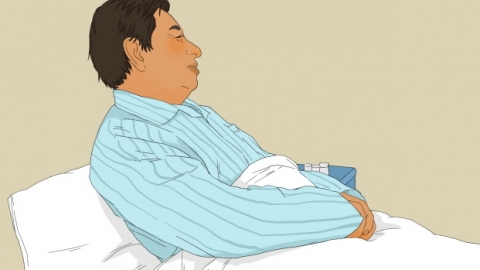Is the risk of getting cancer high after age 70?
Generally, the risk of developing cancer tends to be relatively higher after the age of 70. If concerned, it is advisable to seek medical consultation earlier. The detailed explanation is as follows:

From a physiological perspective, after age 70, the body's ability for cell division and repair declines. Errors are more likely to occur during DNA replication, and immune system function weakens, making it harder to promptly eliminate abnormal cells. These factors increase the likelihood of cancerous cells forming and progressing, thereby raising the overall risk of cancer—a common physiological trend observed in older populations.
However, individual differences can lead to varying outcomes. In elderly individuals who maintain healthy lifestyle habits—such as balanced nutrition, regular physical activity, and avoidance of smoking and excessive alcohol consumption—and who have no family history of cancer, the risk of developing cancer may be lower than that of their peers. Conversely, those with unhealthy lifestyles or a familial predisposition to cancer may face an even higher risk.
After age 70, it is recommended to undergo regular cancer screenings, pay attention to any unusual bodily changes, seek prompt medical attention when symptoms arise, and continue maintaining a healthy lifestyle to reduce the risk of developing cancer.







